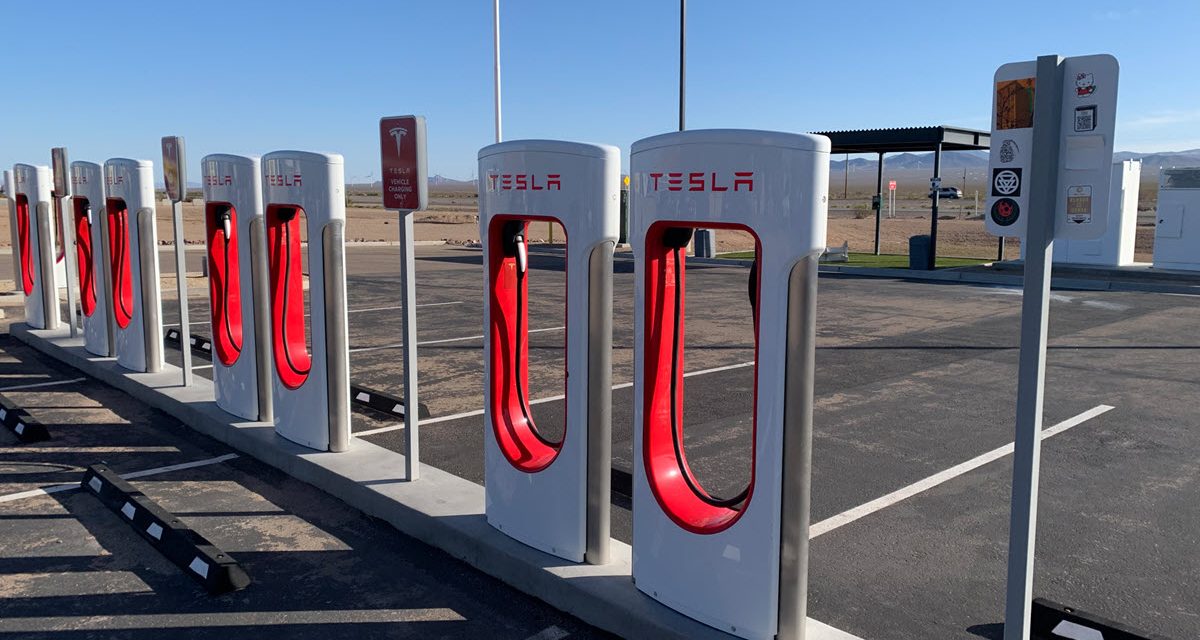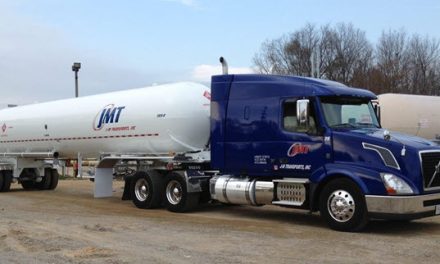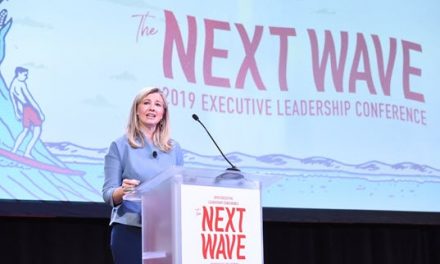NATSO, representing truckstops and travel plazas, issued the following statement on the letter sent from state fuel and convenience associations to the Western Governors Association regarding the need for U.S. DOT to flexibly administer its EV charging mileage requirement. The statement can be attributed to NATSO’s Vice President of Public Affairs Tiffany Wlazlowski Neuman:
“Travel plazas and fuel retailers applaud state fuel and convenience associations for urging U.S. DOT to flexibly administer the requirement that states locate electric vehicle charging stations every 50 miles along designated corridors. Many states, especially in rural America, will need that flexibility to deploy EV charging stations in partnership with the private sector under the National Electric Vehicle Infrastructure (NEVI) Formula Program.
The 50-mile restriction is not a statutory requirement. Not all stretches of the Interstate have gas stations every 50 miles, yet drivers are infrequently concerned that they will run out of fuel in the middle of the highway. Rather than forcing states to meet an arbitrary 50-mile requirement where it isn’t feasible, U.S. DOT should ensure that states can administer the program in accordance with their specific needs, working with the private sector as required by law.
The federal government should reconsider any hurdles that distort the market for EV charging and limit a state’s ability to partner with the private sector. When rural states are forced to identify sites for charging stations every 50 miles, it could dissuade them from working with off-highway businesses to foster a competitive market for EV charging services, and prompt them to consider installing EV charging in rest areas. Congress expressly chose to preclude this option because it would hinder the development of an EV charging market for the long term.
EV drivers want access to a safe, reliable refueling experience like they enjoy today with gasoline powered vehicles. The best way to accelerate the adoption of electric vehicles and limit range anxiety for electric vehicles users is to foster a dynamic, competitive marketplace for EV fueling at the thousands of travel centers, gas stations, convenience stores, restaurants, and hotels located near an Interstate. This would ensure that electric vehicle charging stations are available to the public like traditional refueling.”









